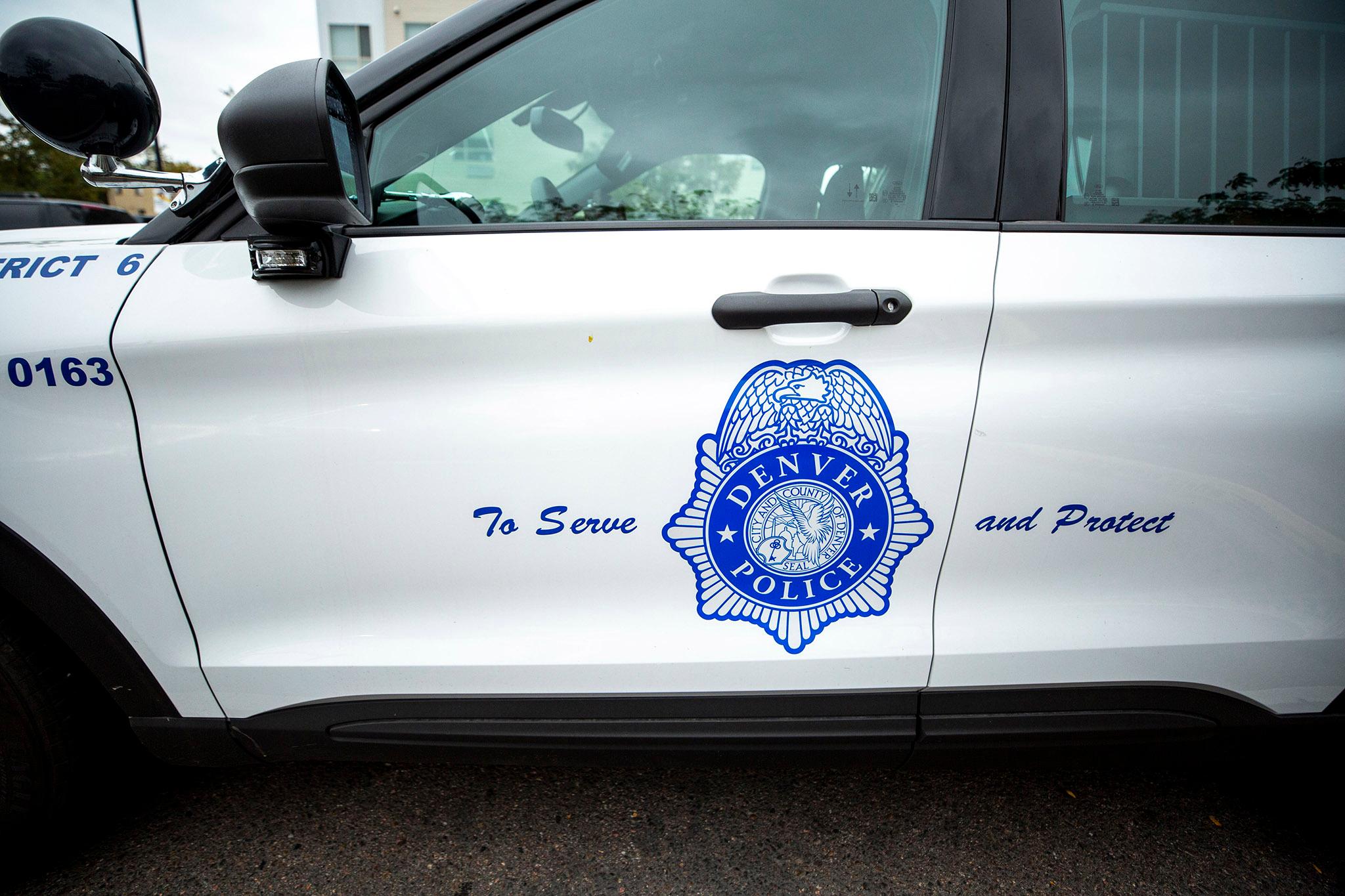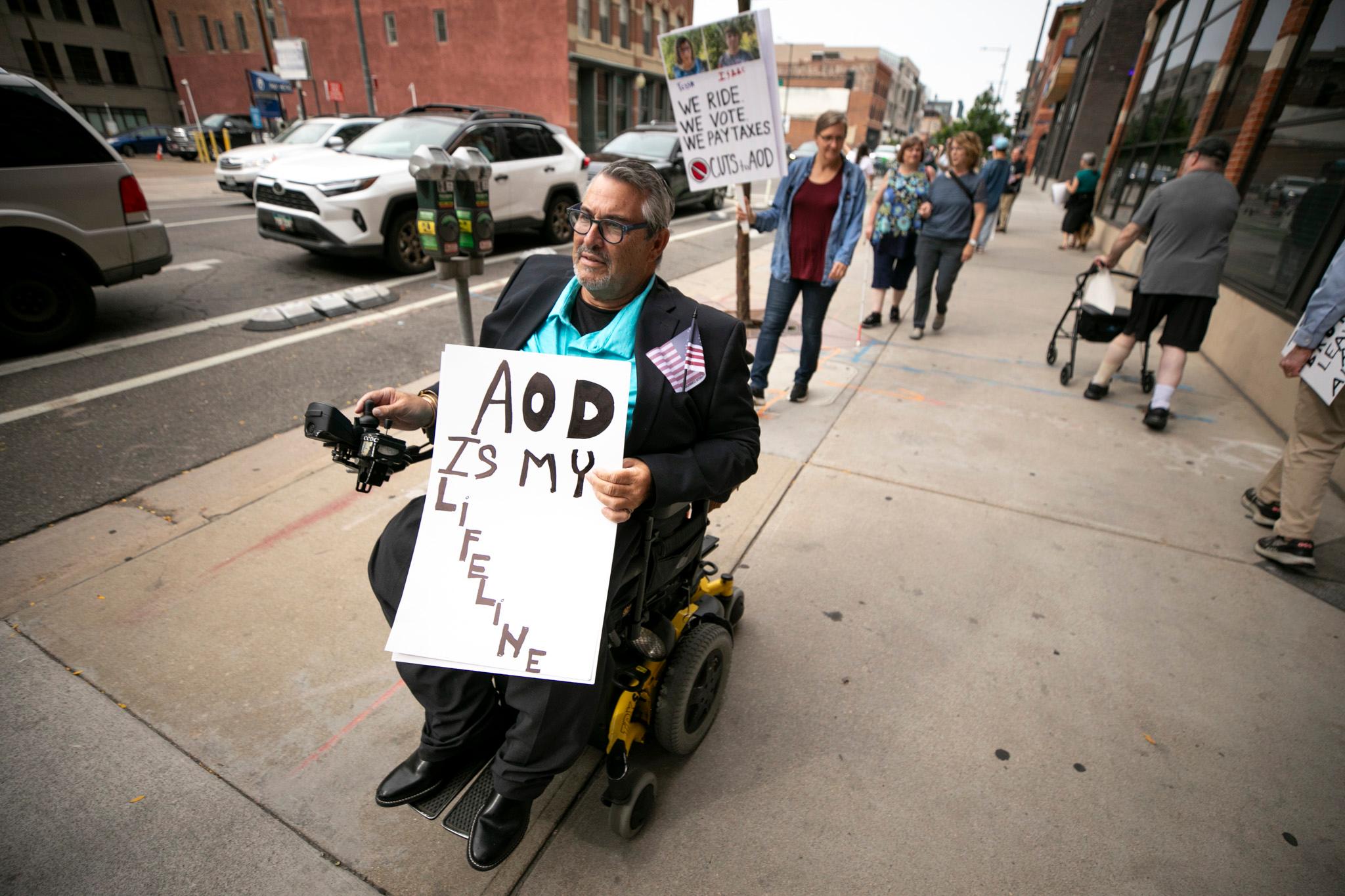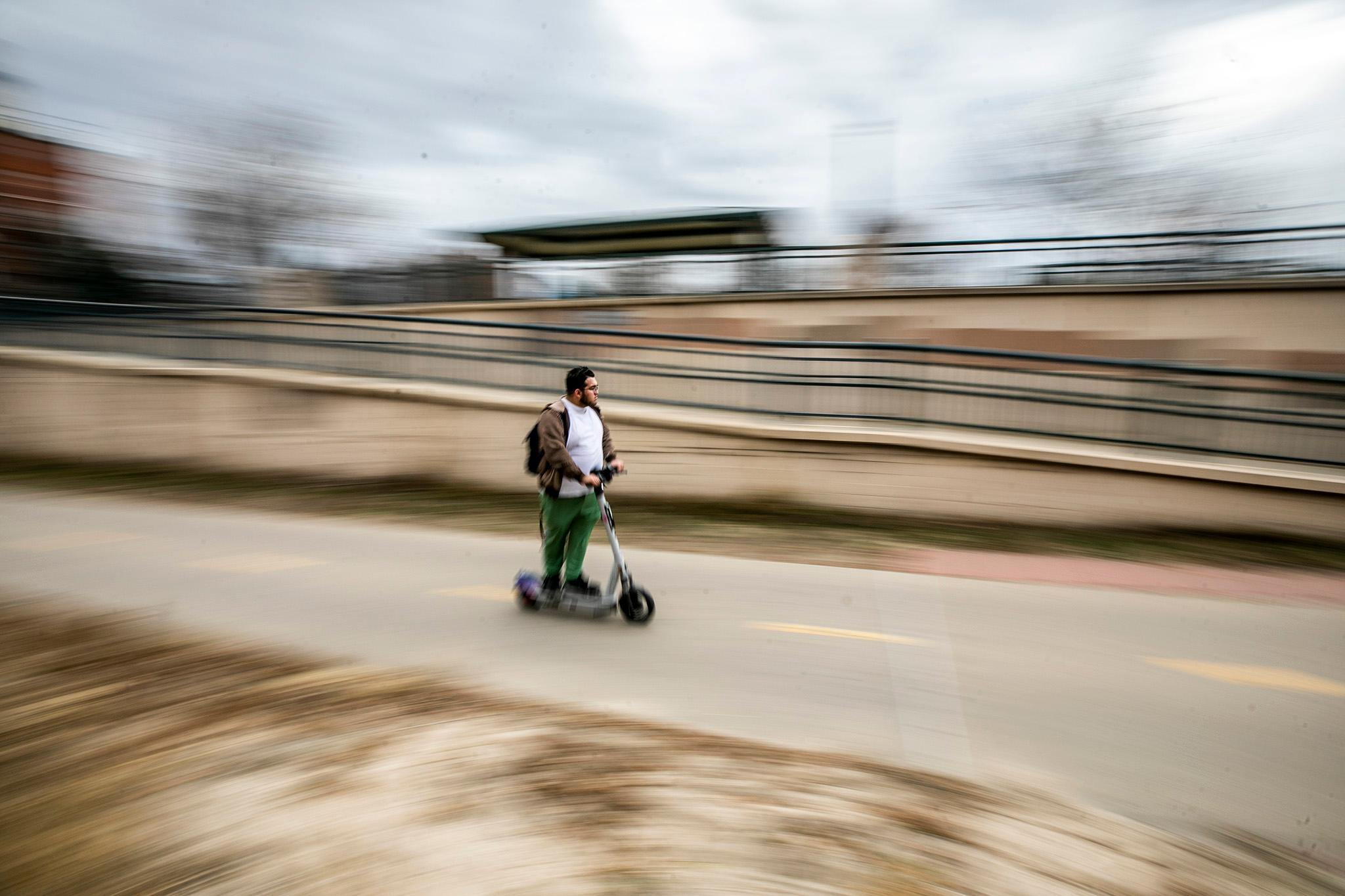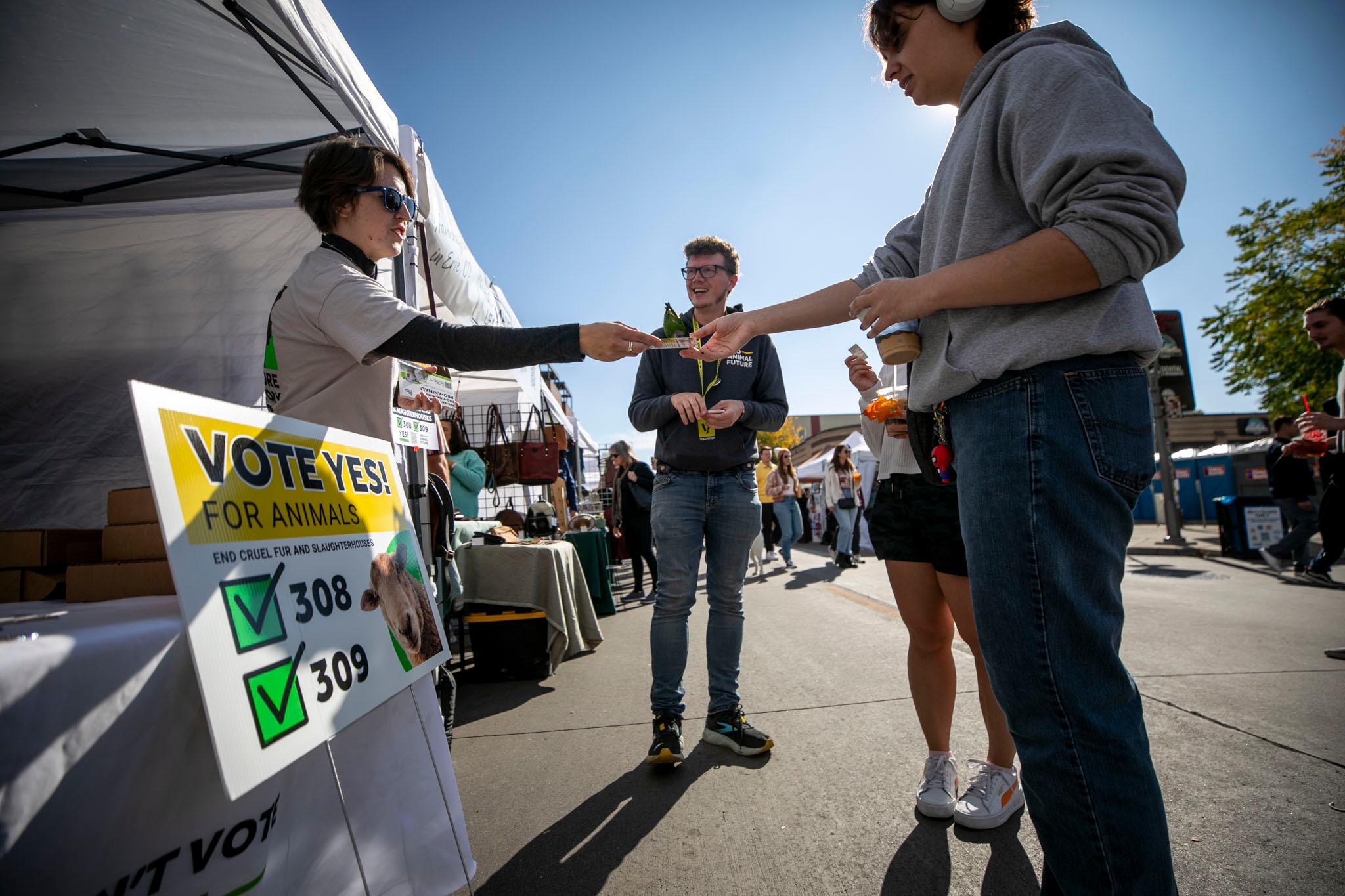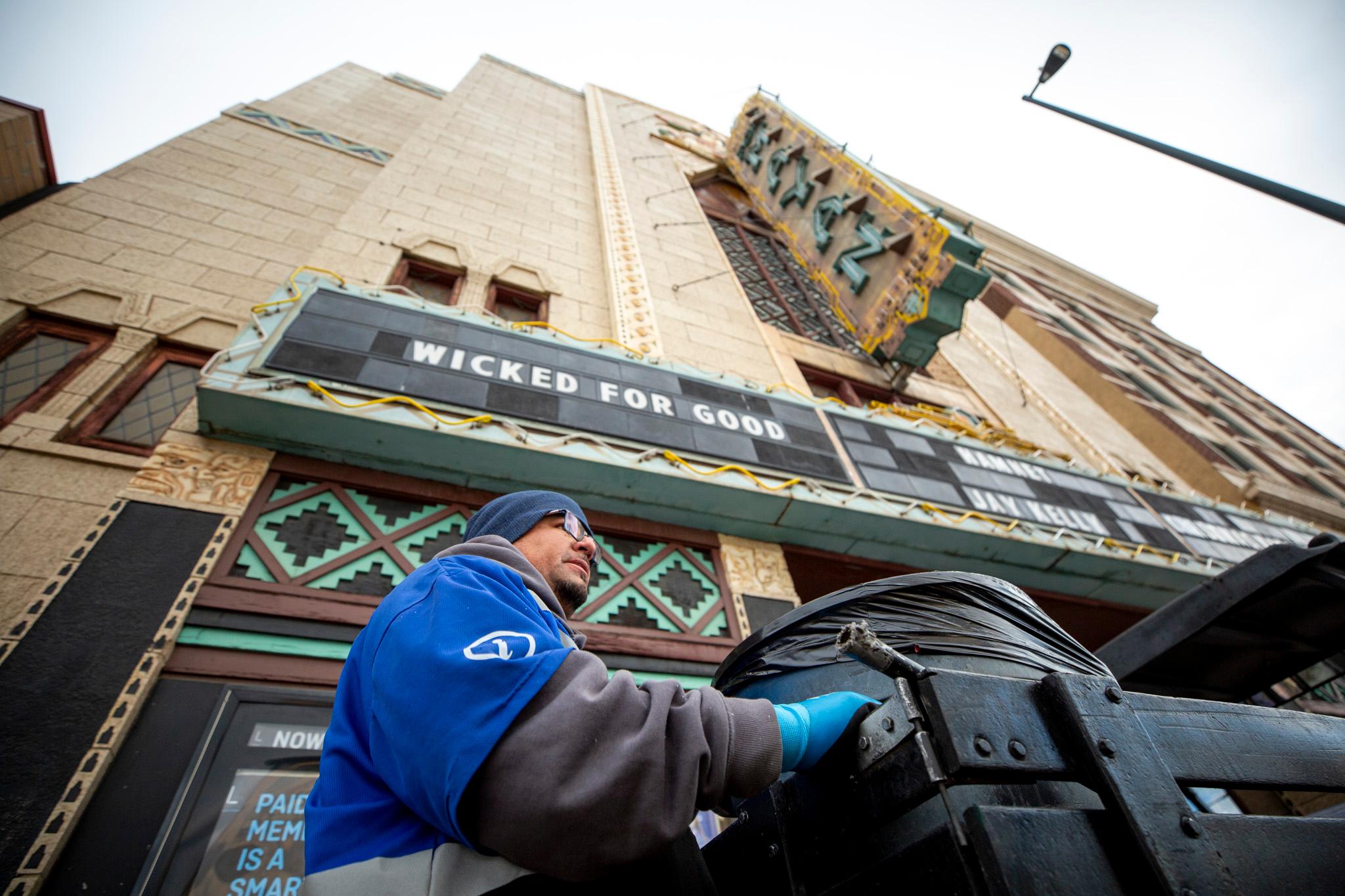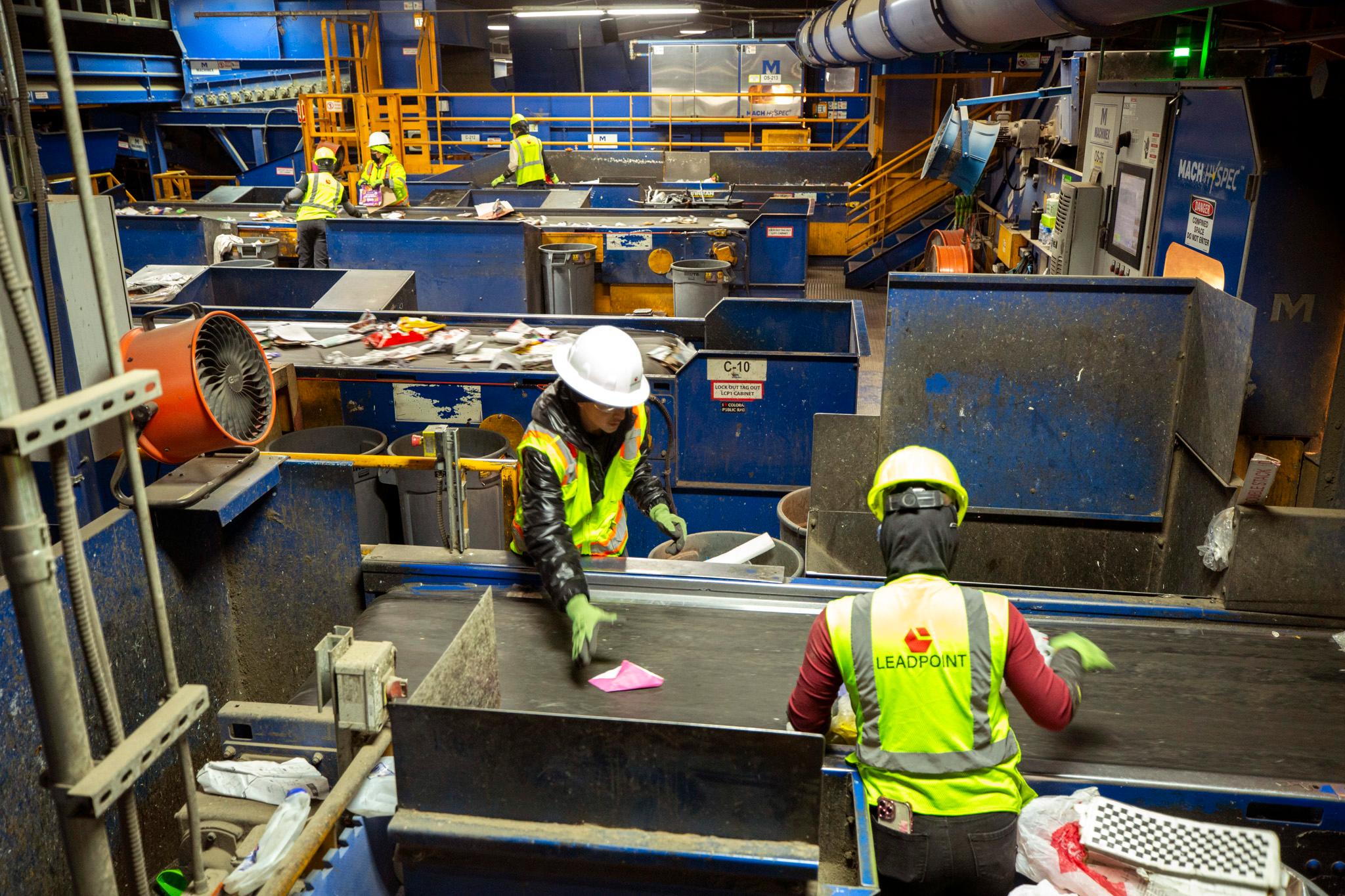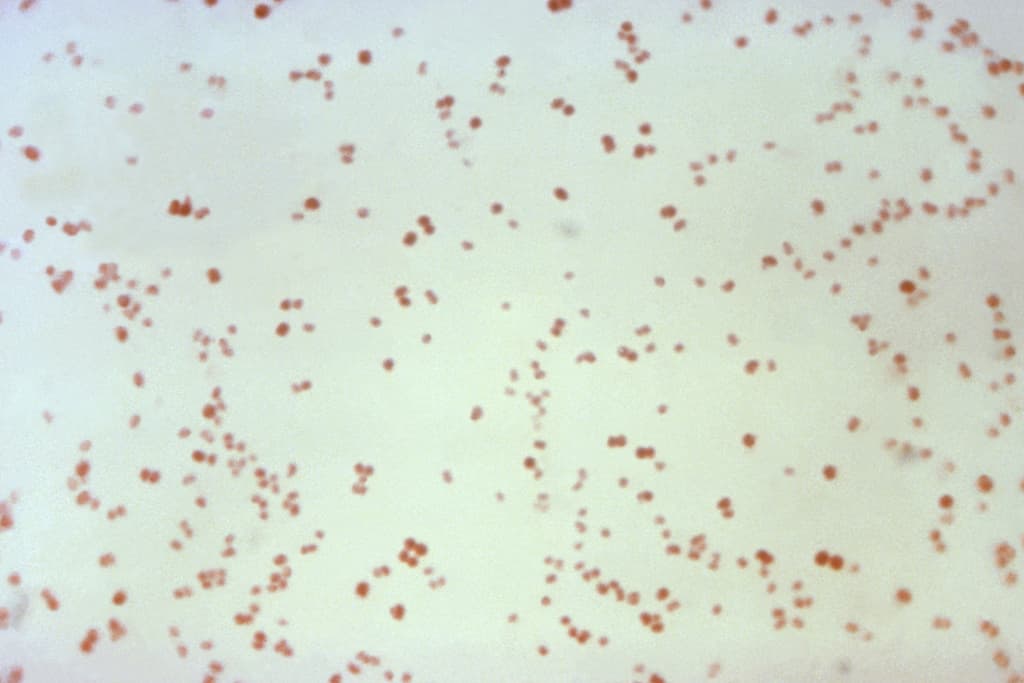The gunfire detection system used in some parts of the city could expand under a new proposed contract.
The Denver City Council's public safety committee on Wednesday forwarded a $4.7 million contract with ShotSpotter to continue the system's use by the Denver police department. The contract was chosen through a bidding process and will now be considered by the full City Council.
The contract would run from January 2022 to December 2026. It would replace the city's existing $4.5 million contract with ShotSpotter that started on Jan. 8, 2016. That contract expires at the end of this month. The department has used the system since 2015.
ShotSpotter detects gunfire and notifies cops of its location. The system locates where the gunfire took place within 25 meters, how many shots were fired, and what time it took place, according to Wednesday's presentation. When gunshots are detected by the system, cops get alerted on a cell phone app and computers in their cars within 60 seconds, giving them a chance to respond in real-time.
"The ability to do that often does allow us to arrest individuals on-site," Thomas said about responding in real time. "It certainly allows us the opportunity to recover evidence that can be used later toward a conviction. But certainly, just the ShotSpotter alert alone is not going to be used by us for a conviction."
The system covers about 14 square miles in Denver, which is about 9% of the city. Denver Police Division Chief Ron Thomas said the systems are in place in the city's five crime hotspots. He said the new contract comes with an option to expand its coverage area, and the expansion would be "data-driven" and connected to information about gunfire in the city.
Thomas did not provide specific examples on where the system might expand but he said the department is currently reviewing data to figure out where the system could be added.
Almost immediately, Thomas addressed criticism of the system during Wednesday's meeting.
Referencing an Associated Press investigation suggesting the system has serious flaws, Thomas told city lawmakers that some of that criticism is unfounded, adding the department's own experience with the technology has shown it to be accurate. He called it a tool that leads to arrests and convictions.
ShotSpotter alerts have risen steadily in the past four years, according to data from DPD.
In 2018, the program got 1,988 alerts. That's almost doubled so far this year, with 3,843 alerts as of Dec. 7.
"I think that just highlights the explosion of gunfire we have seen in the city," Thomas said.
ShotSpotter alerts over the past four years show a continued rise:
- 2018 - 1,988
- 2019 - 2,310
- 2020 - 3,093
- 2021 - 3,843
The alerts can lead to arrests, according to police, who say gunfire is usually unreported. The department's data showed most (86%) of ShotSpotter alerts from 2018 to 2021 didn't have a correlating 911 call.
At least 94 arrests this year have been linked to ShotSpotter alerts, according to data from DPD, compared to 68 arrests in 2018. Firearm recoveries can also be linked back to the shot locator, with 120 recoveries so far in 2021. That's nearly double the amount from 2018, when 63 firearm recoveries were related to the system, according to data from DPD.

